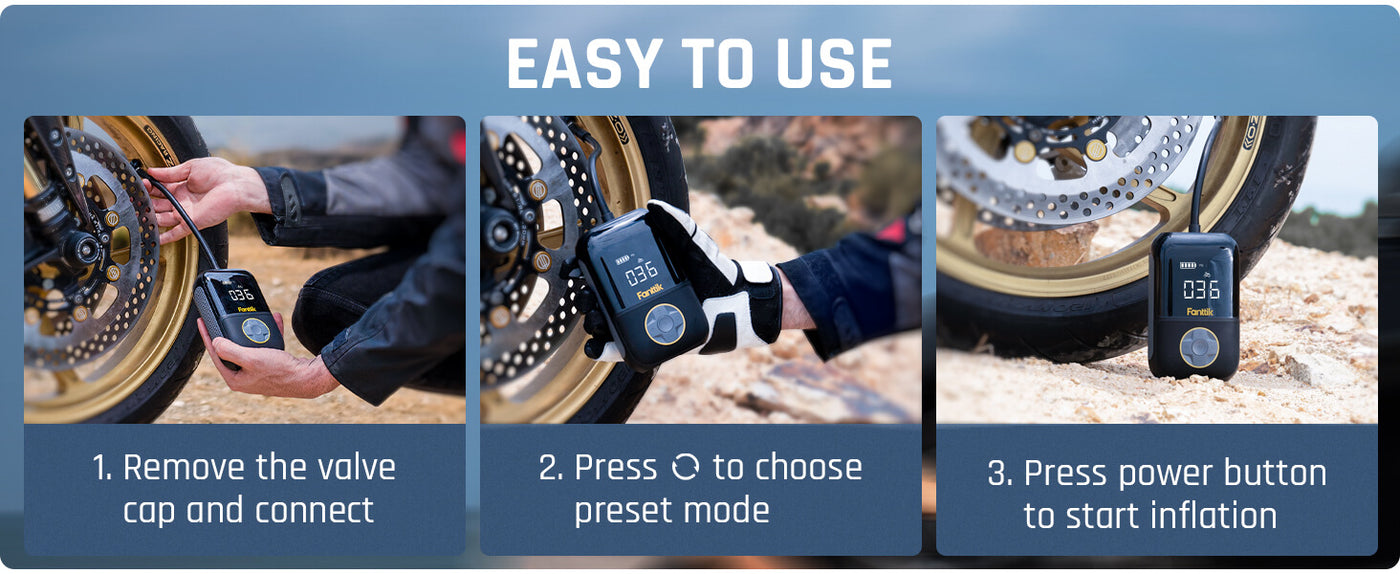Never Get Stranded Again: Unlock the Secret to Hassle-Free Car Battery Boosts!
Car battery health is a crucial aspect of vehicle maintenance that many drivers often overlook. The unfortunate reality is that battery failure can strike at the most inconvenient times, leaving you stranded and frustrated. Whether you’re heading to work, picking up the kids, or embarking on a weekend getaway, the last thing you want is to be stuck with a dead battery. This is where a jump starter comes into play. Having a jump starter on hand can offer immense convenience and peace of mind during emergencies. Imagine being able to revive your car battery in minutes without waiting for roadside assistance. With a jump starter, you can take control of the situation and get back on the road quickly.

Understanding Jump Starters
A jump starter is a portable device that provides the necessary power to start a car with a dead battery. Unlike traditional jumper cables that require another vehicle to provide a boost, jump starters are self-contained units that can be used independently. There are various types of jump starters available, including portable models that are compact and lightweight, making them easy to store in your trunk or glove compartment. Additionally, traditional jump starters, often larger and more powerful, may offer more capabilities for larger vehicles. The basic components of a jump starter include a battery (which can be lithium-ion or lead-acid), jumper cables with clamps, and sometimes even additional features such as flashlight or USB charging ports. The technology behind jump starters has evolved significantly, allowing for faster charging times and greater efficiency.
Benefits of Owning a Jump Starter
Owning a jump starter comes with numerous advantages that make it a worthwhile investment for any driver. First and foremost, the convenience it offers cannot be overstated. Imagine being able to jump-start your vehicle within minutes, without having to rely on a friend or wait for a tow truck. This can save you both time and stress. Additionally, jump starters provide an added layer of safety, especially if you find yourself in a secluded area or at night. You won’t have to worry about flagging down help from strangers. Moreover, using a jump starter can be more cost-effective than calling for roadside assistance, which may come with hefty fees. There are countless scenarios where a jump starter proves invaluable: whether you accidentally left your headlights on, or your car battery is simply aging, having a jump starter on hand ensures that you’re always prepared.
Key Features to Look for When Purchasing a Jump Starter
When considering a jump starter for your vehicle, there are several key features to keep in mind. Battery capacity is perhaps the most important; it determines how much power the jump starter can deliver. Look for a model with a sufficient amp rating to ensure it can handle your vehicle’s needs. Size and weight are also essential, especially if you plan to carry it in your car regularly. A compact and lightweight model will be easier to store and transport. Additionally, many modern jump starters come with extra functionalities, such as USB ports for charging devices or built-in air compressors for inflating tires. Safety features like short circuit protection and reverse polarity alarms are also crucial to prevent accidents while using the device. Assess these features based on your individual needs and driving habits to choose the best jump starter for your situation.
How to Use a Jump Starter Properly
Using a jump starter may seem straightforward, but it’s essential to follow specific steps to do it safely and effectively. Start by ensuring your jump starter is fully charged before attempting to use it. Then, park the jump starter close to your vehicle, but not touching it. Open the hood of your car and connect the positive (red) clamp of the jump starter to the positive terminal of the battery. Next, connect the negative (black) clamp to an unpainted metal surface on your vehicle, away from the battery. This helps to minimize the risk of sparks. Once connected, turn on the jump starter and try to start your car. If it doesn’t start immediately, wait a few moments before trying again. After your vehicle starts, disconnect the clamps in reverse order. Always read the user manual for specific instructions and safety precautions regarding your jump starter model to avoid common mistakes and ensure efficient use.
Empower Yourself with a Jump Starter
In summary, having a jump starter at your disposal can be a lifesaver during unexpected car battery emergencies. It not only provides convenience but also ensures your safety and saves you money in the long run. As we’ve discussed, understanding the types of jump starters, their benefits, essential features, and proper usage can empower you to make informed decisions. So, consider your needs, choose wisely, and invest in a jump starter to ensure you never get stranded again. Your peace of mind on the road is worth it!








